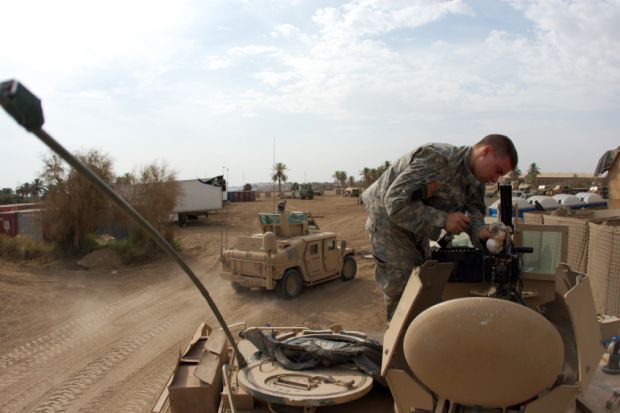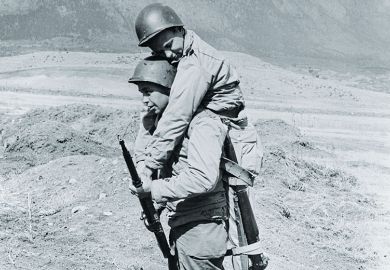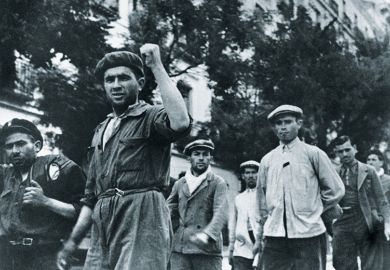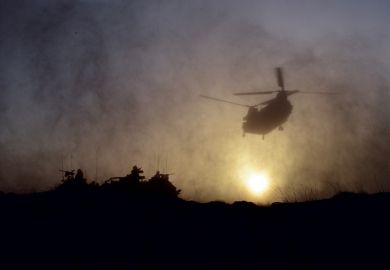War is central to the history of humanity and has shaped the development of states and societies. In this new book, based on her 2018 BBC Reith Lectures, Margaret MacMillan argues that war can make societies more efficient and can lead to economic development, advances in science and medicine, and social and sexual equality. Yet the greater efficiency and power of the state also increases the capacity to destroy and in the 20th century required the invention of new terms such as “total war” and “world war” to describe conflicts that involved not only armies but the destruction of cities and the deaths of millions of civilians. This leads MacMillan to her big question: “Most of us would not choose to wage war to get its benefits: Surely there is some other way of doing it. But have we yet found it?”
There are, of course, those who argue that, despite humans having spent millennia killing each other, we are an inherently peace-loving species and that early hunter-gatherers did not engage in war with their fellows. Others contend that some such communities lived on until at least the early modern period, when their idylls were ended by incursions and conquests. MacMillan will have none of this and ranges widely over zoology, anthropology, archaeology, philosophy and literature as well as history to demolish the notion of such pacific utopias. Early human societies were nothing like the Garden of Eden and the life of the “savage”, noble or otherwise, far from that imagined by Jean-Jacques Rousseau was much closer to that succinctly described by Thomas Hobbes as “nasty, brutish and short”.
The coming of Leviathan, the organised and powerful state, although it limited freedom, provided its subjects with stability and the means of living their lives without anarchy and perpetual danger, but its efficiency also gave it the means to make war upon its rivals, and thus continuous refinement in military skills and weaponry. War is different from mere fighting or killing. It has a purpose and MacMillan quotes the dictum of Carl von Clausewitz that it is “an act of violence intended to make our opponent fulfil our wish”. That wish may be limited: the surrender of territory or a change of dynasty. But it can also be far greater: the enforced adoption of a religion or political system; the incorporation of the enemy’s state; even its total eradication. With immense erudition, our guide takes the reader through the history of warfare, considering major themes: religion and war, the concept of just and unjust wars, rules of war, and attempts to control or limit it via international agreements such as the Geneva and Hague conventions.
We have, in the Western world, enjoyed an unusually long period of peaceful existence since 1945, perhaps an aberration from the norm, but war is changing. Wars in the future will be fought on two levels, MacMillan predicts, “the one employing professional forces and high technology” and the other “fought by loosely organised forces using low cost weapons”. The lines between peace and war are disappearing and “we have enemies without uniforms or even bases, whose members often recruit themselves on the internet”.
The study of war is neglected in most Western universities, MacMillan suggests; yet, as her magnificent study concludes: “We must, more than ever, think about war.”
A. W. Purdue is visiting reader at The Open University.
War: How Conflict Shaped Us
By Margaret MacMillan
Profile, 320pp, £20.00
ISBN 9781788162562
Published 8 October 2020
POSTSCRIPT:
Print headline: Double-edged sword of state
Register to continue
Why register?
- Registration is free and only takes a moment
- Once registered, you can read 3 articles a month
- Sign up for our newsletter
Subscribe
Or subscribe for unlimited access to:
- Unlimited access to news, views, insights & reviews
- Digital editions
- Digital access to THE’s university and college rankings analysis
Already registered or a current subscriber?








